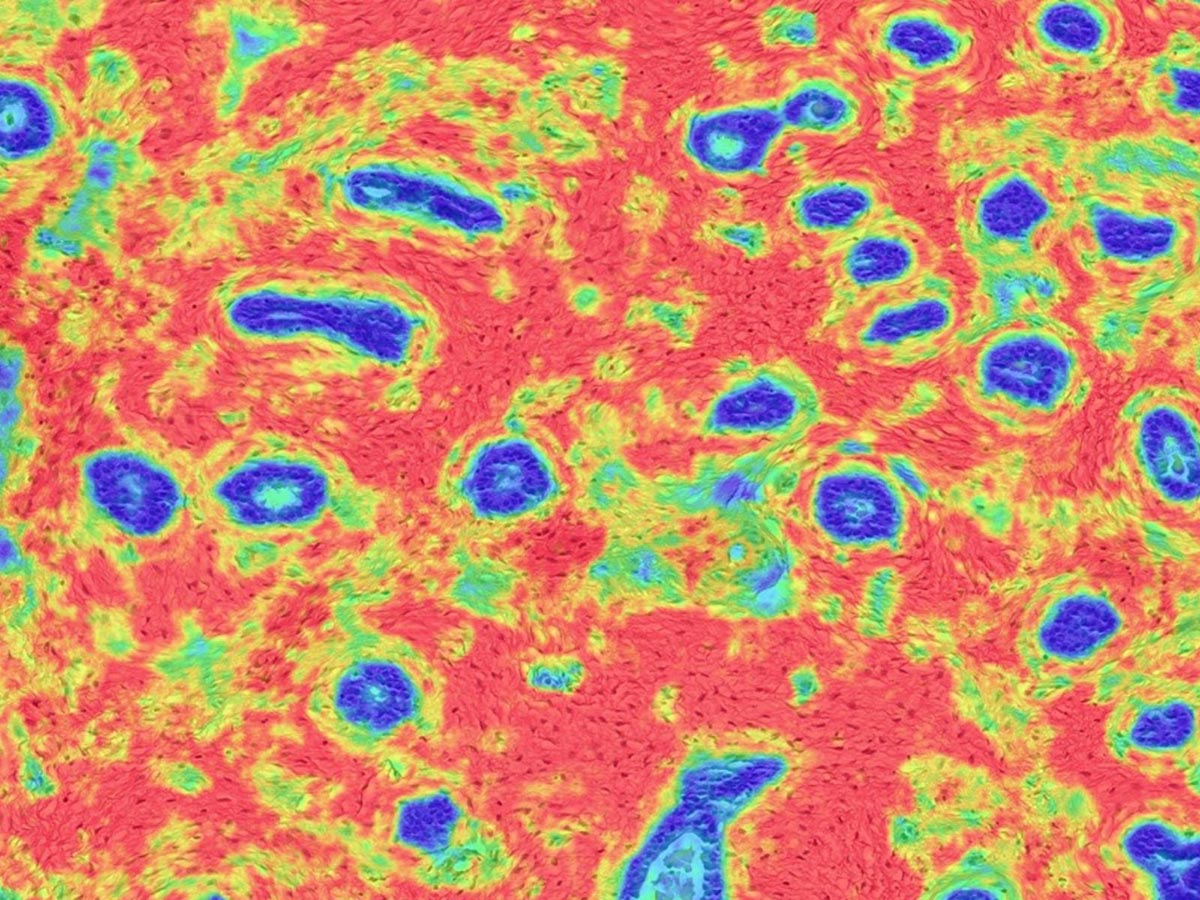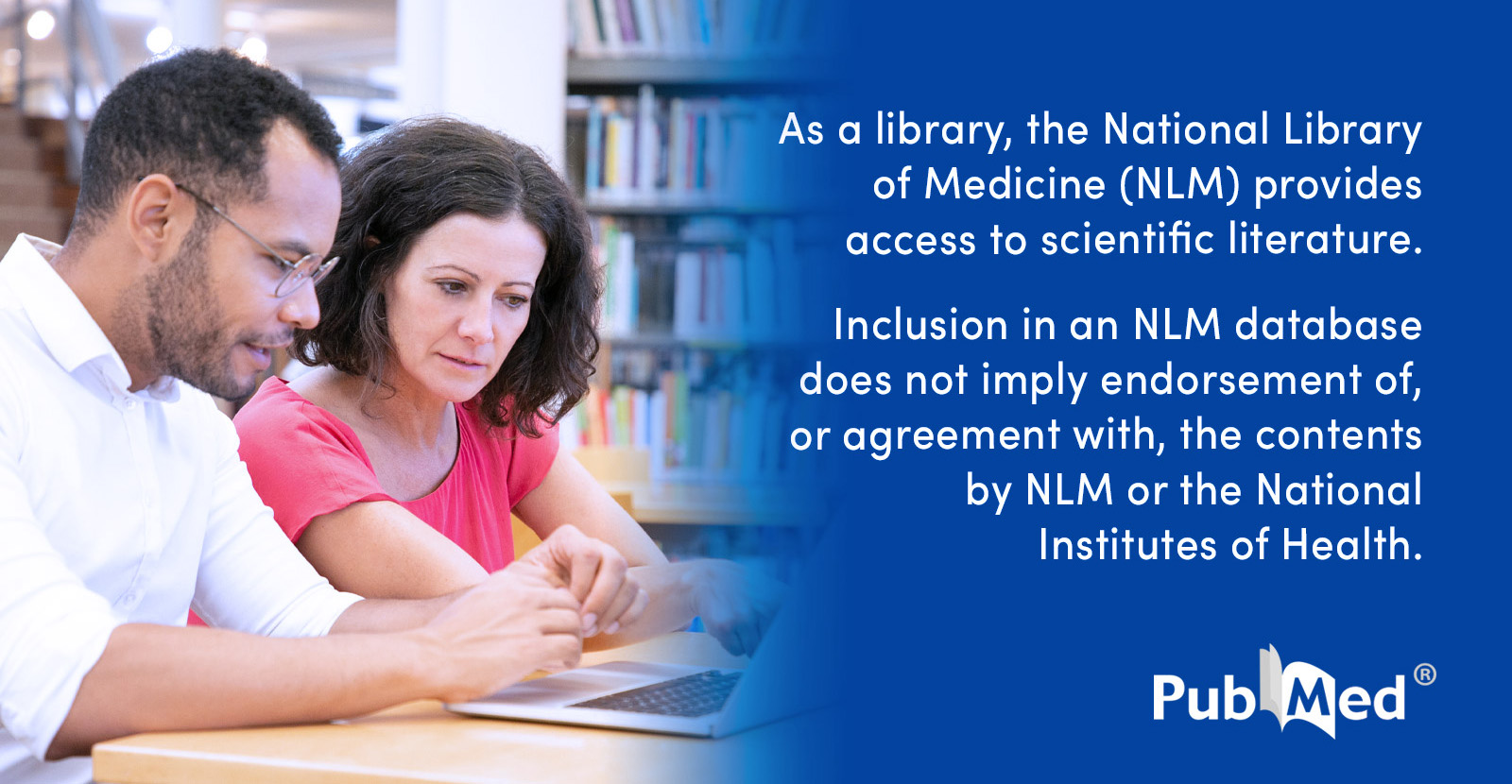BMJ Open. 2025 Apr 28;15(4):e091934. doi: 10.1136/bmjopen-2024-091934.
ABSTRACT
OBJECTIVES: To document adaptations that were made to the implementation of the two-way texting (2wT) randomised controlled trial (RCT) for voluntary medical male circumcision (VMMC) in South Africa and to provide a nuanced discussion on the differences between adaptations and fidelity in this context.
DESIGN: We conducted a qualitative study using the Framework for Reporting Adaptations and Modifications in Evidence-based Implementation Strategies (FRAME-IS) to examine 2wT adaptations. We reported adaptations to the 2wT intervention using two steps. First, we categorised adaptations in a shared study-specific Google Docs that documented participant engagement with the 2wT system, tracked daily RCT implementation notes, reported software bugs and noted reminder emails about adaptations for the research team. Second, we conducted a qualitative assessment of the influence of adaptations on project outcomes via 10 periodic reflection meetings with VMMC implementers. Reflection documentation included notes from field observations, meeting minutes and informal partner check-ins to complete adaptation documentation. Using the FRAME-IS as a codebook, adaptations were categorised.
SETTING: The RCT was conducted in rural and urban VMMC clinics in the North West and Gauteng districts of South Africa.
PARTICIPANTS: Implementation scientists and VMMC implementers who implemented the 2wT pragmatic randomised controlled trial (pRCT) were participants for the adaptation study.
PRIMARY AND SECONDARY OUTCOME MEASURES: The primary outcome measure was the adaptations that were made during the implementation of the 2wT pRCT. The secondary outcome measures were fidelity and rigour of implementing adaptations to the 2wT pRCT.
RESULTS: Between June 2021 and February 2022, 13 adaptations were identified in three phases during the implementation of the 2wT pRCT. The first phase of adaptations aimed to augment study recruitment, including conducting weekend VMMC recruitment camps, using mobile outreach services in the rural site, adding two urban sites to increase recruitment, using weekly WhatsApp calls for updates with all implementing teams, using virtual meetings to implement the 2wT strategy remotely during COVID-19 restrictions and allocating one clinician to work outside of normal working hours. The second phase of adaptations further enhanced enrolments, including adding two local language translations in the usability survey for 2wT men and contributing a portion towards the salary of the implementing staff by the research partner. The third phase included the exclusion of two rural clinics as recruitment sites due to inconsistent mobile phone networks, adding another layer of data quality checks to ensure data quality, training non-clinical counsellors to help with enrolling clients, retraining of staff in the rural site with high staff turnover and using both primary and alternative phone numbers for enrolment to reduce loss to follow-up.
CONCLUSIONS: This study made adaptations to the 2wT pRCT without compromising the fidelity of the study. The 2wT pRCT balances rigour (fidelity) and relevance (adaptation). Adaptations should not be confined by rigour but should also not go unchallenged or unverified. We conclude that fidelity can be maintained with adaptations that are implemented to close the gap between research in the laboratory and practice.
TRIAL REGISTRATION NUMBER: The trial from which this study was conducted, ‘Expanding and Scaling Two-way Texting to Reduce Unnecessary Follow-Up and Improve Adverse Event Identification Among Voluntary Medical Male Circumcision (VMMC) Participants in the Republic of South Africa’, was registered at ClinicalTrials.gov (ID: NCT04327271) on 31 March 2020.
PMID:40295128 | PMC:PMC12039046 | DOI:10.1136/bmjopen-2024-091934
Authors: Geoffrey Setswe, Sarah Day, Felex Ndebele, Jacqueline Pienaar, Vuyolwethu Ncube, Caryl Feldacker
Published: 2025-04-28 10:00:00
Read the full article: View on PubMed








